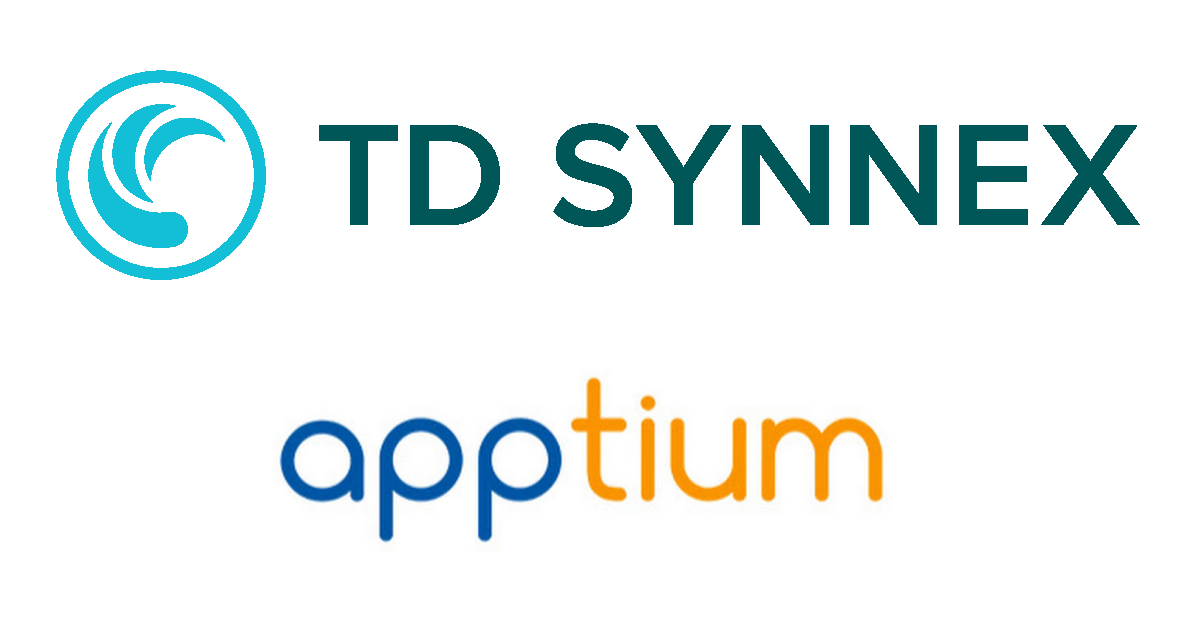Managed services have gained a certain degree of acceptance among most organizations and are being used more frequently as an option for IT needs. According to CompTIA’s Fourth Annual Trends in Managed Services Study, two-thirds of organizations surveyed have used services from an outside IT firm within the past year.
The good news is that companies are becoming more familiar with the concept of managed services and MSPs, with more than half of those queried claiming to be very familiar with this way of doing business. On the flip side, the definition of just what constitutes a managed service remains fuzzy, and that poses a problem for the marketplace as a whole.
"The definitional issue is an enormous one," said Carolyn April, senior director, industry analysis, CompTIA. "That's one of the reasons why it's been so difficult to get a market size and adoption rates."
According to the study, most companies are using MSPs for one or a few very specific applications. The most popular include email hosting, CRM applications, storage, network monitoring and backup and recovery. April added that a handful of companies are looking to MSPs for higher-end applications like data analytics, advanced application monitoring and business intelligence.
But while companies are becoming more familiar and savvy to the benefits of managed services, they are in no danger of replacing internal IT departments. In fact, six out of 10 organizations surveyed view their MSP relationship as a collaboration with their own IT departments.
"Very few companies get rid of their IT staffs because they contract with an MSP," said April. "Especially among larger companies, bringing an MSP on board frees up the IT staff to work on more strategic projects. It elevates the IT staff and brings them out of the shadows within the organization."
There is definitely an opportunity for MSPs to become more valuable and more exposed to potential clients, according to CompTIA. The firm found that those organizations that do use managed services are seeking bigger benefits beyond cost savings, and are interested in gleaning efficiencies and even a competitive edge from their managed services relationships.
MSPs can capitalize on this need by educating customers and potential clients on new types of services they can take advantage of. By proving their value as independent entities that can help instead of replace internal IT departments, MSPs can gain an even broader acceptance and understanding in the business world.
Edited by
Stefania Viscusi






